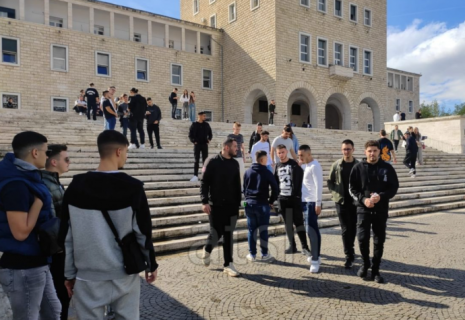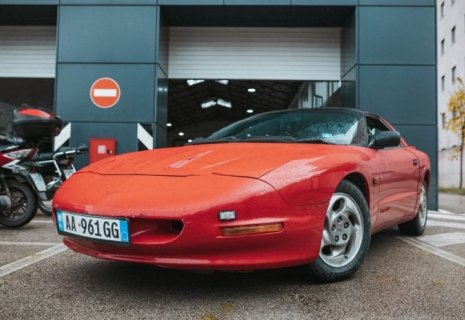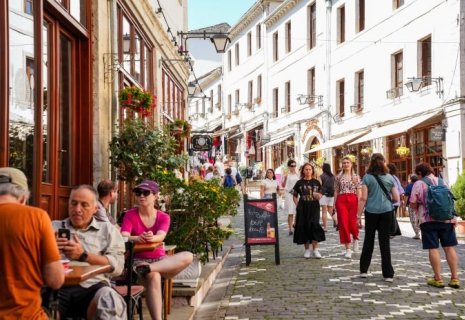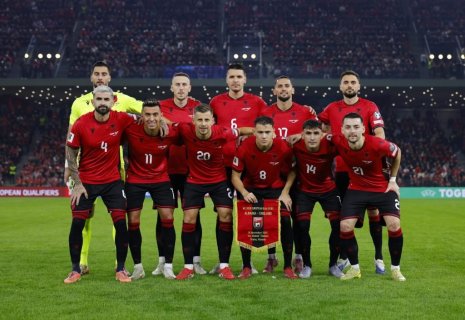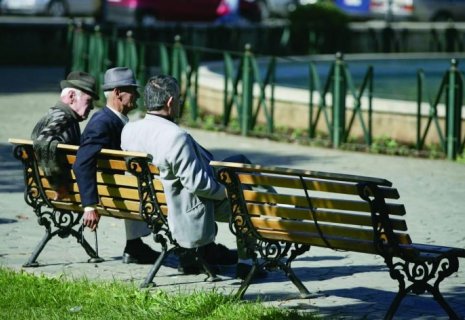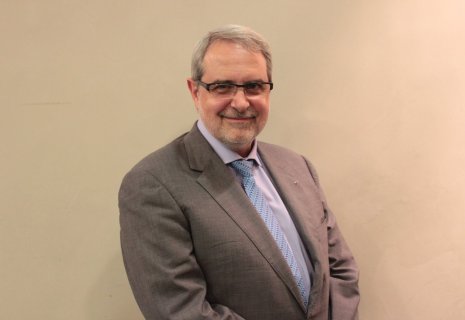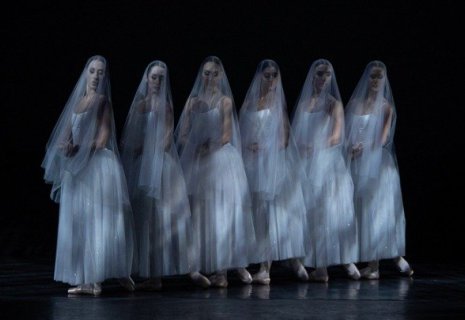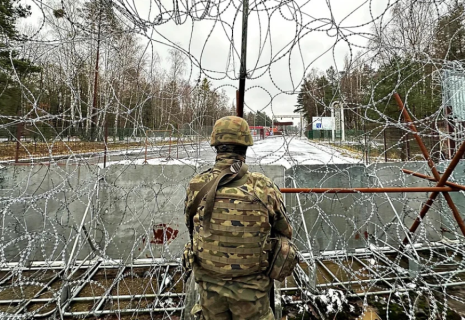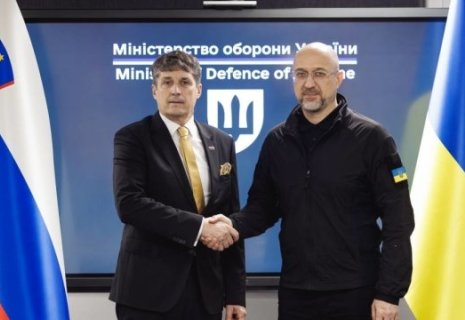
Rama: Albanians to receive 400 euro pensions
Prime Minister Edi Rama said during a television interview that pensioners in Albania are divided into two blocks: those who retired before 2014 and have lower pensions, and those who retired after 2014, following the socialist government’s reform, and receive higher pensions.
Rama stated that before the 2014 pension reform implemented by the socialist government, Albania did not have a pension system but rather a welfare system, CE Report quotes ATA.
According to him, before the socialist governance, pension increases were not based on contributions, and the right to receive pensions based on contributions was not recognized.
“You had a ceiling of 24,000 new lek, and everyone who retired received assistance. Take, for example, a teacher who retired in 2016 after 35 years of work and compare them to someone who retired before 2013 with the same experience. Pensions don't function like salary increases – if they did, the state would collapse. Pensions must be based on contributions. All pensioners who retired during our government have pensions of 400 or even 500 euros. This happened because we decided that pensions would be calculated based on contributions. For full pensions, we now have an average of 300 euros, because we established a system like the rest of the world,” Rama said.
The Prime Minister also touched on the other group of pensioners who did not retire based on contributions and were left out of the new system, as well as rural pensions, which are more like social assistance, since no social contributions were made.
“We’ve provided bonuses, 230,000 pensioners have received reimbursements for medication and electricity. We want to increase the average pension from 300 to 400 euros for those with full pensions, while for those with low pensions, we aim to set a minimum of 200 euros – where the state will also need to step in,” Rama said.
The Prime Minister added that Albania is sitting at the negotiation table with the EU with 250,000 pages of documentation, where every “hair” of the state’s skin is being negotiated, while the opposition only has a wishlist program.



